- +033 2572 7171
- info@dhanvantary.com

4.5 Rating | 4500 Review

4.5 Rating | 4500 Review
Allergic Bronchitis is a type of lung problem where the airways (tubes that carry air in and out of your lungs) become inflamed due to an allergic reaction. When someone with this condition breathes in things they're allergic to, like pollen or dust, it can irritate their lungs, causing coughing, wheezing, and difficulty breathing.
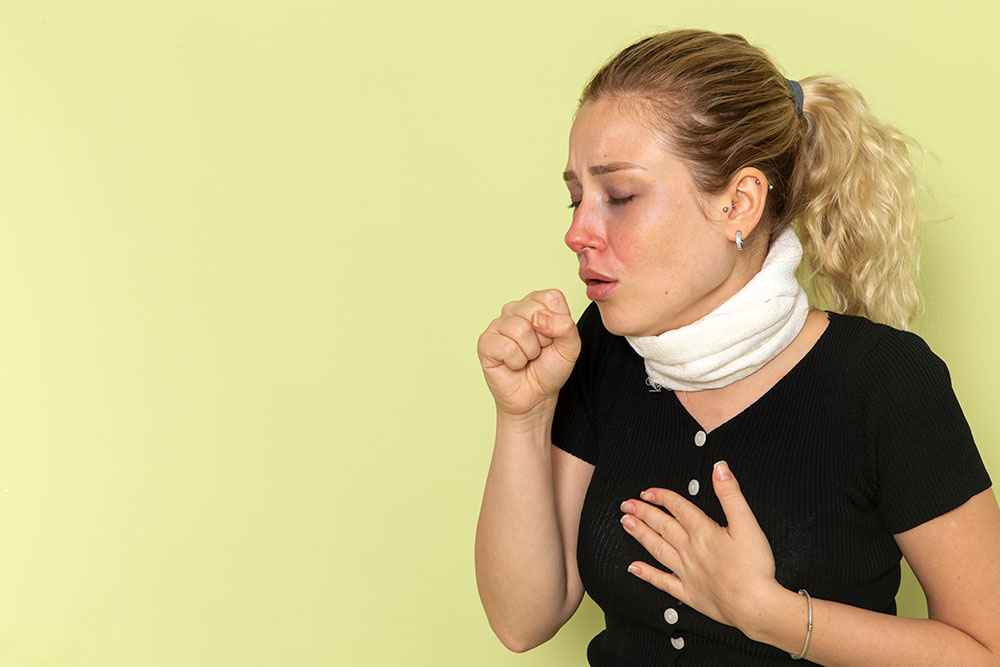
Unlike infectious bronchitis caused by viruses or bacteria, allergic bronchitis occurs from an immune response to environmental triggers.
Acute Allergic Bronchitis – Short-term inflammation, usually flares up and resolves with treatment or removal of allergens.
Chronic Allergic Bronchitis – Long-term inflammation often linked to frequent or prolonged exposure to allergens; may lead to chronic obstructive pulmonary disease (COPD) over time.
If untreated, allergic bronchitis can lead to complications like:
Ayurveda, allergic bronchitis is seen as an imbalance of Kapha (responsible for fluids and mucus in the body) and Vata (controls movement, like breathing). When these energies are out of balance, it can lead to mucus buildup and blocked airways.
Diet: Warm, easy-to-digest foods are recommended, avoiding cold, dairy, and sugary items that increase mucus. Diet: Warm, easy-to-digest foods are recommended, avoiding cold, dairy, and sugary items that increase mucus.
Breathing Exercises: Practices like Pranayama (breathing techniques) help strengthen the lungs and improve breathing.
Detox Therapies: Ayurvedic treatments like Nasya (using oils in the nose) and Vamana (cleansing therapy) help remove excess mucus and balance the body.
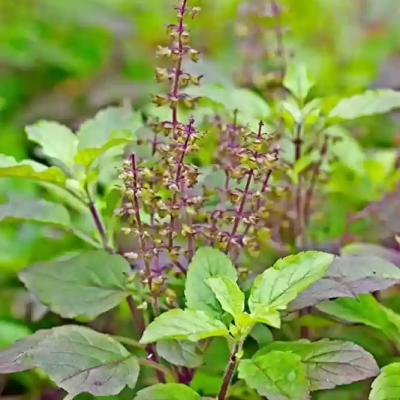
Tulsi has antiviral, anti-inflammatory and antioxidant properties. It helps in clearing mucus, reducing chestPow congestion, and improving respiratory function.
Use: Tulsi leaves can be eaten with honey or Tulsi tea can be prepared.
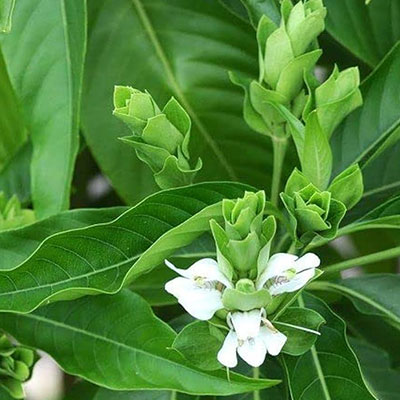
Vasaka is well-known for its bronchodilator effects, helping in reducing cough and mucus production.
It soothes the respiratory tract, making it easier to breathe and relieving congestion.
Use: Vasaka can be used in the form of juice, powder or herbal formulations.
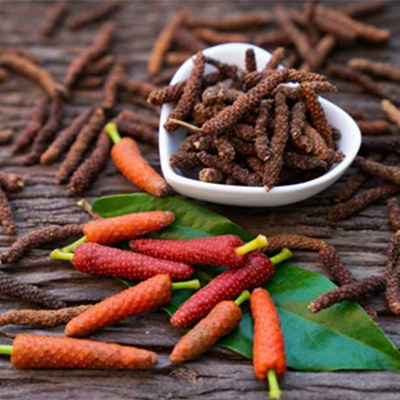
Pippali is effective in clearing blocked respiratory passages and boosting lung health.
It has expectorant and immune-boosting properties, making it very effective in chronic respiratory conditions.
Use: As powder with honey or as herbal tea
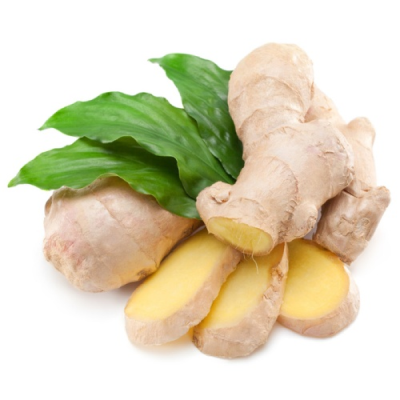
Ginger is widely known for its anti-inflammatory and antioxidant properties.
It helps in clearing mucus, reducing inflammation, and alleviating coughing.
Use: Ginger tea or dry Ginger powder with honey is effective for relieving cough in Allergic Bronchitis
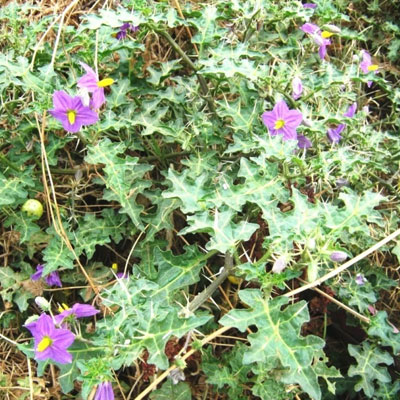
Is effective in reducing mucus and treating symptoms of cough and asthma.
It has expectorant and anti-inflammatory properties that help clear the airways.
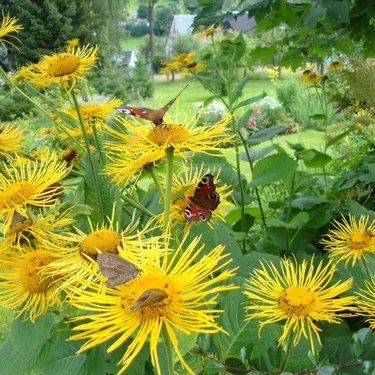
Pushkarmool acts as a bronchodilator and has antibacterial properties.
It helps in easing breathing by relaxing the airways and reducing chest tightness.
Use: In powder form or as herbal decoctions and formulations
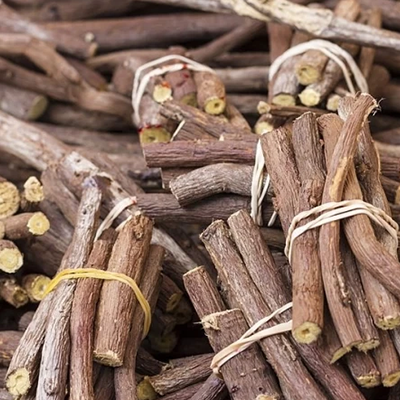
Also known as sweet liquorice, it helps reduce inflammation and soothes the respiratory tract.
Yastimadhu is particularly effective in treating cough and throat irritation.
Use: Yashtimadhu can be taken in powder form with honey or as a tea or hot infusion.
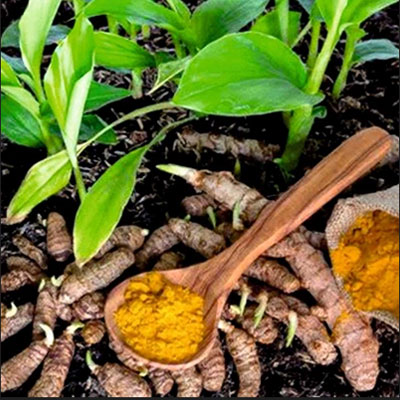
Turmeric is a potent anti-inflammatory and antioxidant, which helps in reducing respiratory tract inflammation.
Its active compound, cur cumin, also boosts the immune system.
Use: Turmeric powder can be taken with warm water or added to warm milk or taken with honey.
